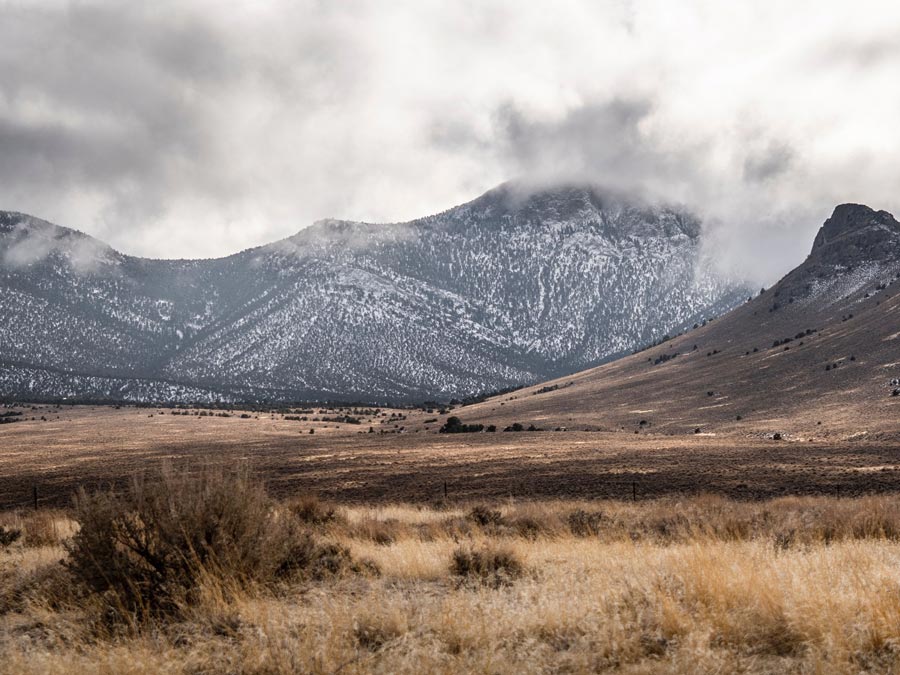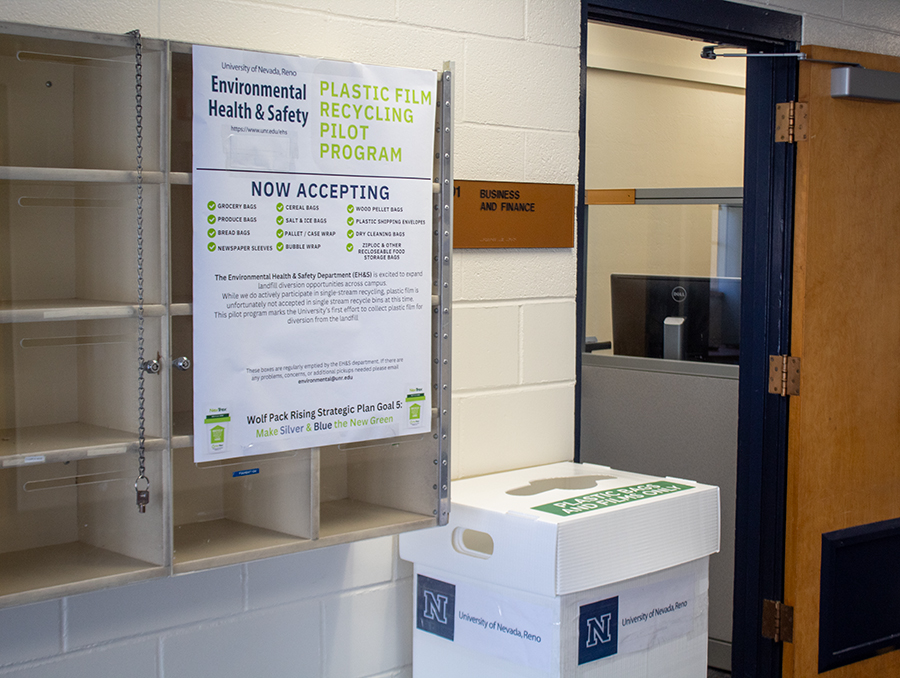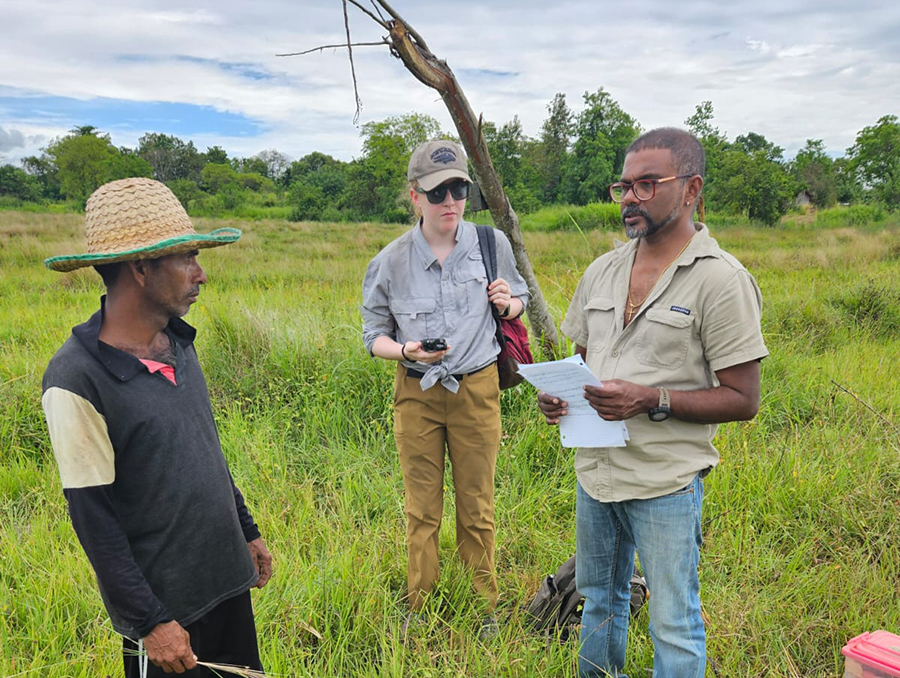A new partnership between the Pacific Northwest National Laboratory (PNNL) and the University of Nevada, Reno (UNR) is fostering joint research initiatives in several areas where the two organizations share expertise. The partnership involves researchers from a number of disciplines who will collaborate to address complex and critical global challenges that hold particular significance for the American West. The partnership also opens access to specialized instruments, tools and expertise, such as computational research and large-scale data analysis.
Based in Richland, Washington, and Reno, Nevada, respectively, PNNL and UNR are well poised to understand the vital implications of climate change for The West and other areas around the world that are dependent on snow pack as a water source. One of the first collaborative efforts will take a data-intensive look at the economic and watershed impacts of forest management and restoration.
Supported by a grant through the U.S. Forest Service, the project is connected with the Tahoe-Central Sierra Initiative, a large-scale effort to improve the health and resilience of the Sierra Nevada that includes the Truckee River Basin. The UNR-PNNL project will develop models to understand how forest restoration and thinning may impact changes in water supplies, plus potential economic benefits.
The project is led by Adrian Harpold, UNR associate professor in the Department of Natural Resources & Environmental Science, and builds on hydrologic modeling capabilities developed by Mark Wigmosta, PNNL chief scientist for watershed hydrology and now a UNR adjunct faculty member in Natural Resources & Environmental Science. Wigmosta will also advise an incoming UNR Ph.D. student involved in the project.
“Climate change is being felt across the American West, with increased frequency and severity of wildfires, drought and extreme weather events. Our research to understand how land management practices coupled with environmental change affect the availability of resources such as water will be key in preparing our region for future climate impacts,” said Malin Young, PNNL Associate Laboratory Director, Earth and Biological Sciences.
In addition to water modeling and other aspects of environmental and hydrologic sciences, the partnership will address research with implications for sustainable energy, national security and Earth and biological sciences. An inter-institutional agreement is in place to guide the UNR faculty and PNNL scientists involved.
“This is what the future of research looks like: building partnerships and addressing complex challenges through an approach that brings together researchers from various disciplines. This multidisciplinary approach spurs new ideas and solutions,” said Mridul Gautam, UNR vice president for research and innovation. “Our country’s national laboratories are tackling critical scientific challenges. Through partnerships between national labs and research universities, such as the PNNL and UNR partnership, we leverage the impressive expertise, technologies and instruments of both institutions.”
“Ultimately this is about national competitiveness, sustainability and societal benefit,” said Gautam. “We envision this partnership growing beyond the initial areas identified.”
PNNL is a U.S. Department of Energy national laboratory and a leading center for scientific discovery in chemistry, Earth sciences, biology and data science, and for technological innovation in sustainable energy and national security. UNR is a comprehensive, doctoral university, classified as an R1 institution with very high research activity by the Carnegie Classification of Institutions of Higher Education. A public research and land-grant university founded in 1874, UNR is additionally classified as Carnegie Engaged.















